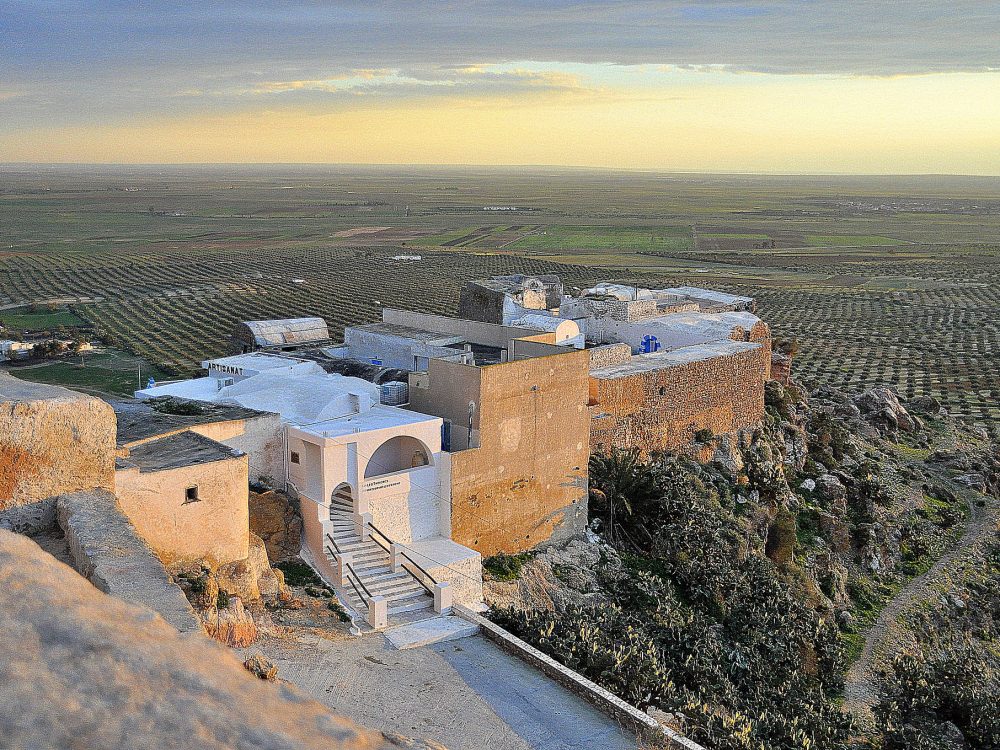Dispatch from Busan
From Nov. 29-Dec. 1, the Fourth High-Level Forum on Aid Effectiveness was held in Busan, South Korea. In an interview with the Inter Press Service, Development Gateway CEO Jean-Louis Sarbib hailed the inclusiveness of the forum, with traditional donors acknowledging the broad range of actors now involved in development. The importance of South-South cooperation, he noted, was also recognized.
Aid transparency was a major theme at the forum, as donors have made significant progress in this area, and the momentum on increasing transparency could make other aid effectiveness goals more achievable. The US, Canada, the Inter-American Development Bank and the International Fund for Agriculture and Development signed on to the International Aid Transparency Initiative in Busan. The IATI donor signatories, now at 26, account for more than three-fourths of global development assistance.
During the forum, Development Gateway led an interactive workshop on geocoding aid activities, giving participants the opportunity to try new tools for making aid information more accessible and transparent. In a side event co-organized by Development Gateway along with the World Bank Institute, aidinfo, and UNICEF, the World Bank launched the Open Aid Partnership, which builds on the Mapping for Results initiative. “What we’ve seen is that mapping aid is a powerful way to convince many different types of stakeholders of the benefits of open information,” said Mr. Sarbib. “If you have data from lots of donors in a standard format, so that you are comparing apples to apples, it becomes relatively easy to see the real picture of where aid is going, and to start asking questions about whether it could be allocated more effectively.”
Share This Post
Related from our library

How Useful Is AI for Development? Three Key Lessons
The development world is buzzing with excitement over the idea that new and emerging applications of AI can supercharge economic growth, accelerate climate change mitigation, reduce inequalities, and more. But what does this look like in real life?

At a Glance | Tracking Climate Finance in Africa: Political and Technical Insights on Building Sustainable Digital Public Goods
In order to combat the effects of climate change, financing is needed to fund effective climate fighting strategies. Our white paper, “Tracking Climate Finance in Africa: Political and Technical Insights on Building Sustainable Digital Public Goods,” explores the importance of climate finance tracking, common barriers to establishing climate finance tracking systems, and five insights on developing climate finance tracking systems.

AMP Through the Ages
15 years ago, AMP development was led by and co-designed with multiple partner country governments and international organizations. From a single implementation, AMP grew into 25 implementations globally. Through this growth, DG has learned crucial lessons about building systems that support the use of data for decision-making.